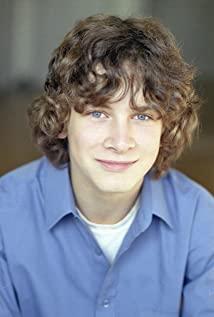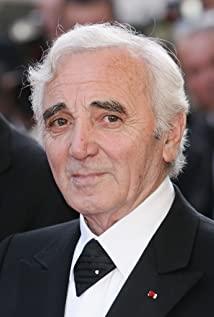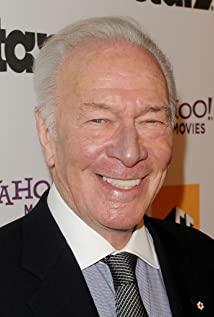This film wants to deal with a big historical issue: the ethnic cleansing of the Armenians by the Turks in 1915, how the two ethnic groups coexist and how to face history after the events have changed.
I believe that every Chinese who sees this film will feel that the contradictions between the two sides in the film seem familiar, and we feel the same way as the Armenians. Yes, we all think of the Japanese invasion of China and the Nanjing Massacre. Human problems have commonalities, and the attitude of the Turks to the massacre in the film is exactly the attitude that the Japanese often have.
The aggressor claimed that they had never read such history when they were growing up. They doubted the authenticity of the other party's claim, but they would not deny it. They believed that the past should not be mentioned again, and the future is more important. The invaded side, occupied by hatred, vowed that the world would know the justice of history.
The film is to describe an Armenian-born Hollywood director who wants to make a film about the history of the slaughter and promote the crimes of the Turks to the world.
As Atom Egoyan is of Armenian descent, viewers may feel that his handling of this historical issue is unfair to the Turks. In fact, metaphors and hints are used many times in the film, telling the truth is unknown, and it is not important on this issue. It is important that both sides convince themselves of how the events happened. Even if the reconciliation is reasonable and necessary, the two sides have created a gap that cannot be bridged due to their own subjective beliefs.
The best part of the movie is the handling of the play within the play. It's like shooting two sets of movies, and they can be turned into one. The play within the play is a Hollywood movie, and there are scenes of thousands of troops and the ideology of Great America. It can be said that it is the director's satire of Hollywood. Unfortunately, many viewers misinterpret this as the director's Great America. doctrine.
From the tension of Hollywood movies, the director can subtly bring the audience back to the reality in the movie, and control the audience's emotions freely, which is really powerful.
http://andrewon.mysinablog.com/index.php?op=ViewArticle&articleId=101351
View more about Ararat reviews










